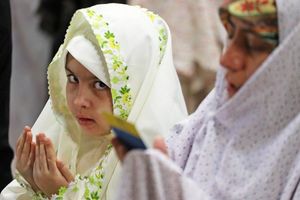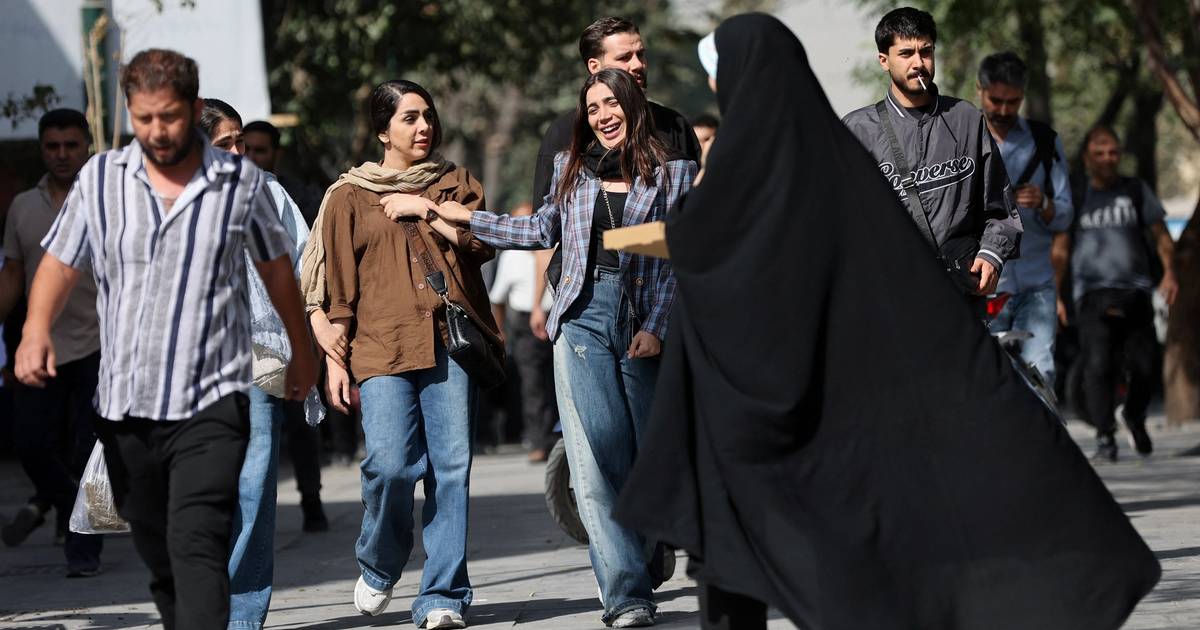“Marriage and having children must be considered part of a person’s résumé,” Amirhossein Bankipour, a member of parliament from Isfahan, said on Saturday, according to state media. “A woman who marries should receive more points, and a woman who gives birth should gain even more, because she is helping prevent a population crisis.”
Bankipour’s remarks come amid a government push to raise fertility under the 2021 Youthful Population and Family Support Act, which restricts access to abortions and contraceptives while providing loans, subsidies, and tax breaks for couples. The law aims to lift the fertility rate to 2.5 children per woman, but official data show it remains at about 1.6, far below the target.
Despite the incentives, as Iran’s economy has sharply deteriorated, marriage and childbearing have become harder for many families. Inflation has eroded purchasing power, and basic expenses such as food, rent, and education have soared.
 Beyond the hijab: discrimination against women pervades Iranian law
Beyond the hijab: discrimination against women pervades Iranian law
Health impact of restrictive population laws
While the government has linked population growth to national strength, its policies have also created new social pressures. The Shargh daily reported in September that restrictions on prenatal screening and abortion have doubled the rate of Down syndrome births, from 1.2% to 2.9% since the law took effect. Legal procedures for pregnancy termination now require both medical and judicial approval, even in cases of confirmed fetal abnormalities.
Public health experts have warned that the tightening of reproductive laws, coupled with deepening economic hardship, has fueled a growing underground abortion market and worsened inequality. At the same time, official figures show Iran spends only 2.9 percent of GDP on education, compared to the global average of 4.4 percent, contributing to what commentators describe as a widening social gap between poor and wealthy families.
Lawmaker defends incentives despite limited results
Bankipour said parliament has sought to address the economic dimension by increasing marriage loans and expanding housing programs for young couples. However, years of inflation and declining real wages have limited their impact.
He said the new proposal would help redirect social incentives toward family building. “Until now, degrees and job skills have determined status,” he said. “We need to tell the younger generation that forming a family and raising children are themselves national achievements that deserve recognition.”
